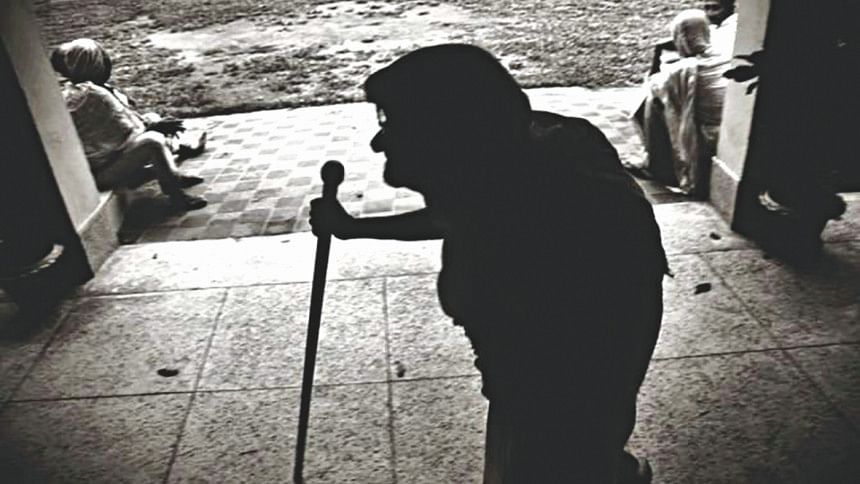The maintenance of parents Act and Garos

In order to ensure maintenance of aged parents by the sons and daughters, the legislature enacted a law named Pita-Matar Voron-Poshon Ain (The Maintenance of Parents Act) in 2013. This law compels the children, both male and female, to provide maintenance to their parents. Default to provide so shall be an offence and defaulter shall be punished under the Act. Needless to say, Garo people are not the outside of the purview of this enactment.
The entire social arrangement of Garos is grounded on the principle of preservation of property within the motherhood. Kinfolk's property descends through the mother, not through the father. Generally, Garo male cannot inherit the property. In a family, one of the daughters is selected by parents as nokna (heiress). Ordinarily, it is the youngest daughter who is selected as nokna. She possesses the homestead in addition to other properties shared by other daughters. The nokna and her husband are expected and bound to live in the house of the parents of the nokna to look after them and to support them in their old age. If they fail to do so, they lose their rights. This custom was confirmed by the Indian High Court in Monje Mechik v. Janmi Mechik, CR 6(H), 1961 cited in Customary Law and Justice in the Tribal Areas of Meghalaya by Kusum and P. M. Bakshi. If the parents don't have daughter and desire to adopt one as nokna, they must first call the clan to provide one. On failure, the parents can select one at a gathering specially arranged for the purpose and followed by a feast. So, there is obviously a daughter or adopted daughter to look after the parents. If the nokna does not perform her duty, her rights will be forfeited and other daughter or adopted daughter will be chosen in her place. Therefore, the law of 2013 is superfluous to the provision of maintenance of parents under Garo customary law. But there is possibility of abuse of the law in Garo society. This law compels both male and female children to provide maintenance to parents. But Garo males cannot inherit and are not bound to maintain his parents. If therefore, Garo parents file a case against a son for maintenance, what will be the consequence of the conflict between statutory law and customary law in this case? The son will be forced to provide maintenance if the statutory law prevails over the customary law. Will it be just and reasonable to discard the customary law of the citizens who have other means to accomplish the purpose of the law? A provision keeping reservation for customary law terming 'subject to any other laws' could address the issue well.

 For all latest news, follow The Daily Star's Google News channel.
For all latest news, follow The Daily Star's Google News channel. 



Comments